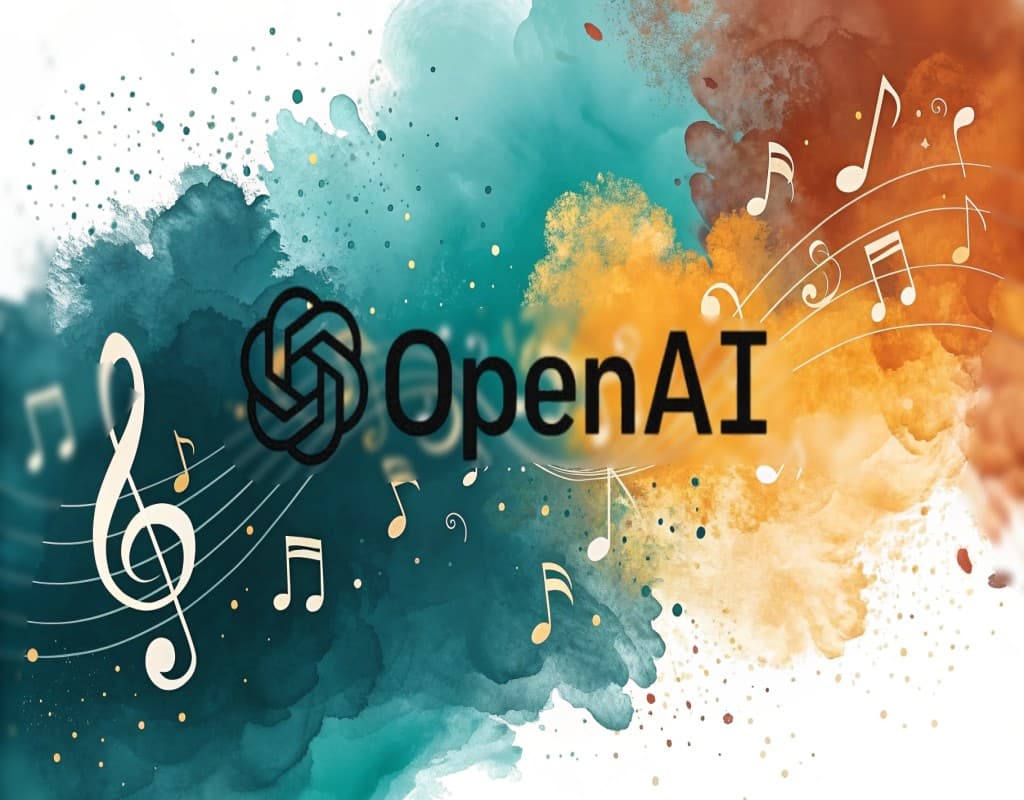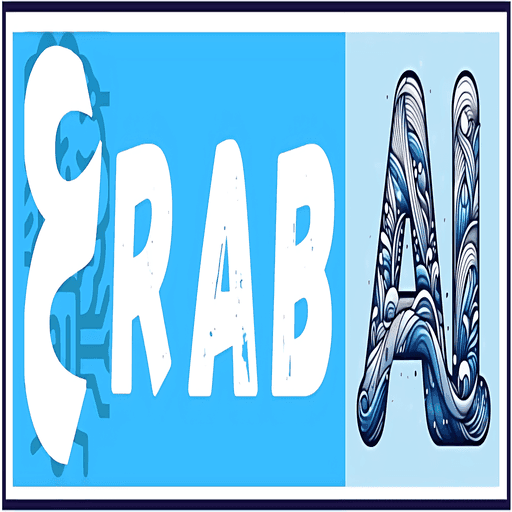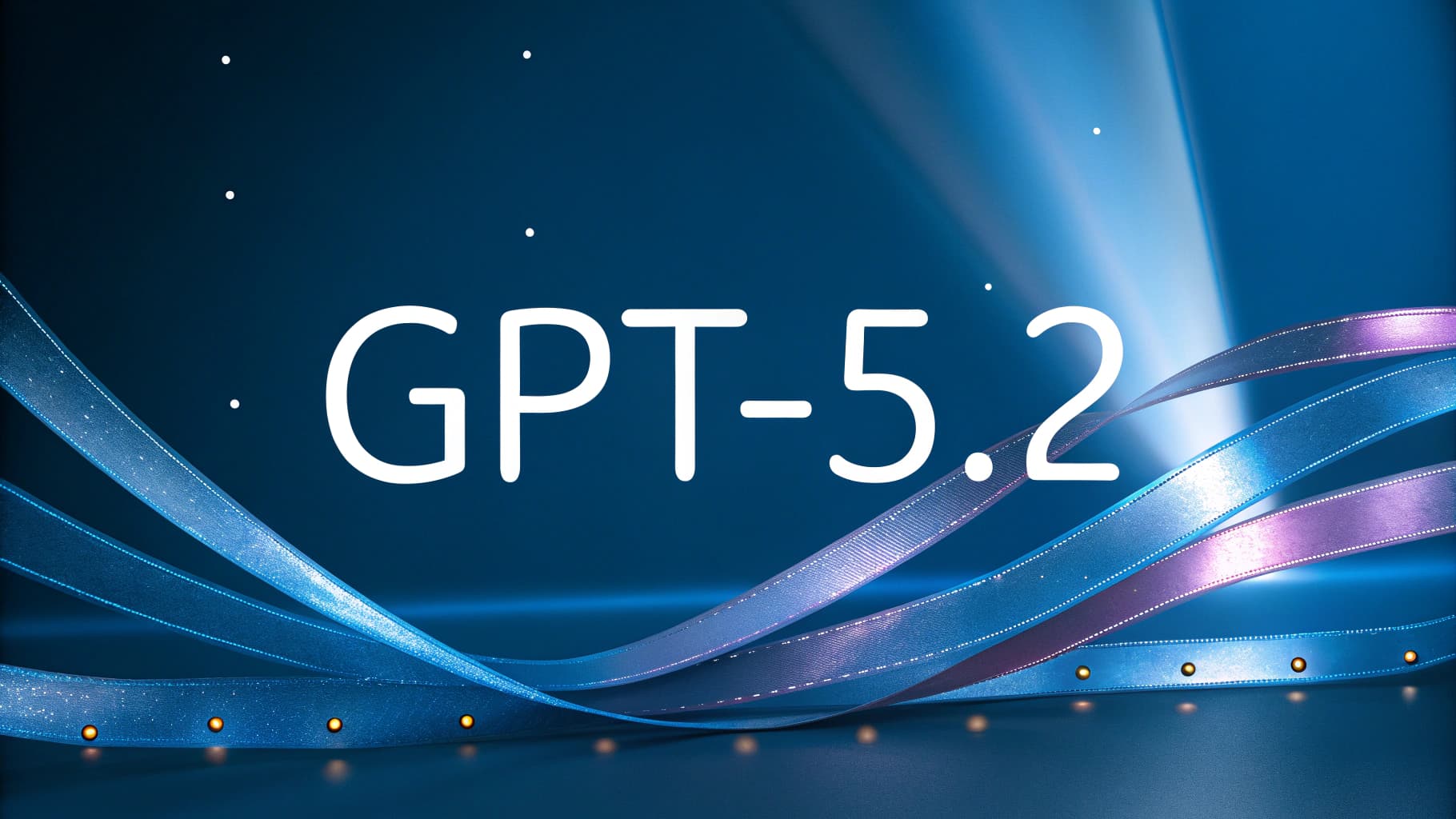
OpenAI Develops New AI Tool for Text-to-Music Generation
From Text to Tune: OpenAI’s New AI Tool Aims to Revolutionize Music Creation
In brief: OpenAI, the powerhouse behind ChatGPT, is reportedly developing a new tool that could fundamentally change music production.
This technology is designed to generate entire compositions from simple text prompts, a move that is poised to stir excitement and debate within the creative industry.
OpenAI, a leader in the artificial intelligence space, is reportedly working on a new tool that could reshape how we create music.
According to recent reports, the upcoming tool can generate complete musical pieces from simple text or audio commands.
This development elevates the competition in the generative audio landscape, placing the company in direct rivalry with other tech giants like Google.
Experts envision this technology opening up vast possibilities for creators.
For instance, a video producer could instantly generate a fitting soundtrack by simply describing the desired mood.
In another scenario, a vocalist could upload their vocal track and have the AI seamlessly add a full instrumental accompaniment, whether it’s a guitar melody or a complex piano arrangement.
To ensure the quality and sophistication of the musical output, OpenAI has reportedly partnered with students from the prestigious Juilliard School.
These students are annotating musical scores to provide rich, high-quality training data.
This collaboration is a crucial step in teaching the AI to understand the structure and theory of music, rather than just generating random sounds.
However, OpenAI isn’t the only player in this field. Other companies have already made significant strides, including Google with its model, MusicLM, and the popular platform Suno, which has gained widespread attention for its ability to create complete songs from user prompts.
OpenAI’s powerful entry into this space is expected to accelerate innovation and deliver even more advanced tools to the public.
Despite the excitement, this advancement also sparks a vital debate about the future of creativity. On one hand, it could democratize music composition, making it accessible to everyone, regardless of their musical training.
On the other hand, it raises legitimate concerns among artists and musicians regarding intellectual property rights and the potential for the devaluation of human talent.
Ultimately, specific details about the project-including its final form and a potential release date-remain under wraps.
What is certain, however, is that this move by OpenAI marks a significant milestone in the relationship between artificial intelligence and art.
It poses fundamental questions about the future role of humans in the creative process, a conversation that will only grow louder as these tools become more powerful.




